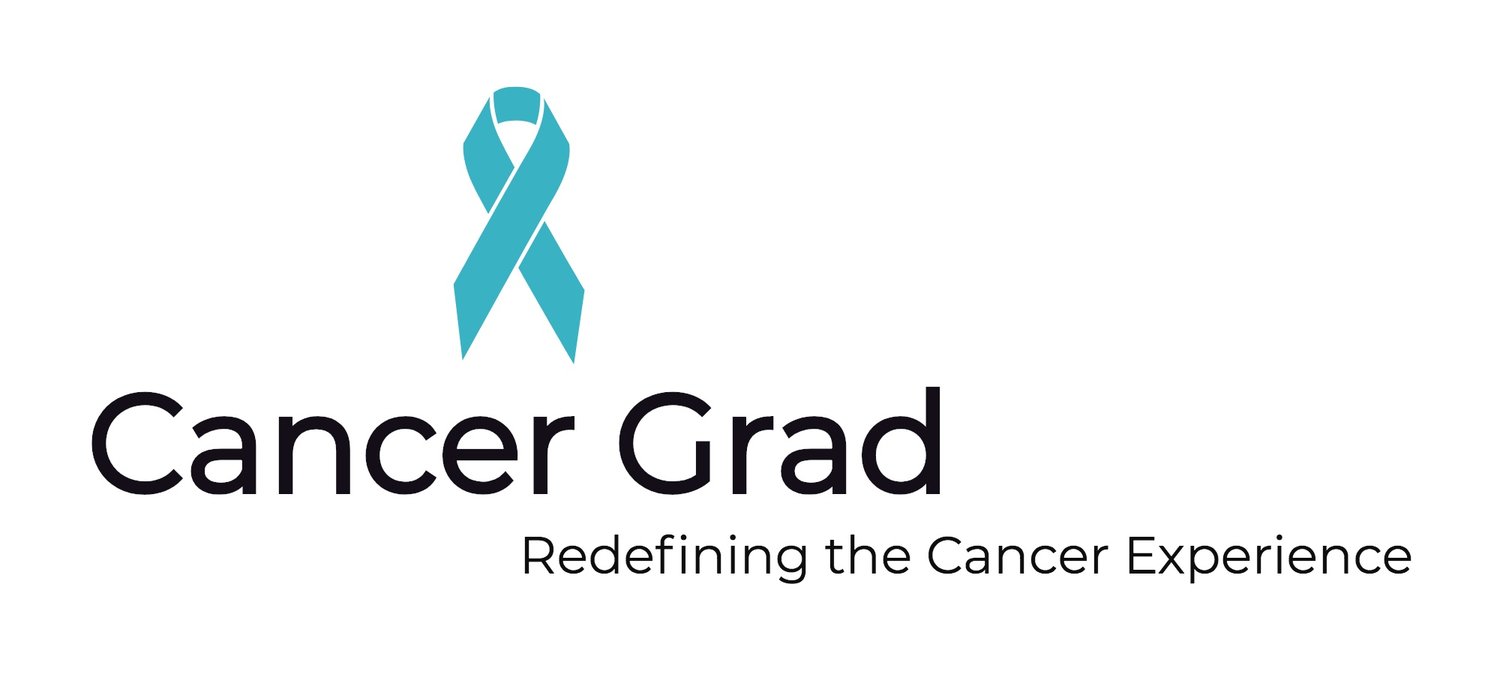“Congratulations on New York Fashion Week. How exciting. You looked so confident. You are inspiring…”
I smile, thank them for their kind words, but know that deep down I am struggling. Struggling with anxiety about cancer recurrence while simultaneously missing the lack of responsibility cancer gave me. Struggling with feeling inadequate and asexual due to my surgically induced menopause and nipple-less body. Struggling with losing my identity because every aspect of my life revolves around cancer; hobbies, volunteer projects, friends, work, reading, and on and on.
Congratulations. I smile to hide my pain.
Cancer recovery doesn’t end the moment treatment ends. As time passes and everyone else goes back to their normal lives, we are left with new emotional layers to process along with new long-term side effects that pop up like a twisted game of whack-a-mole.
Latest side-effects:
- Sexy Surgical Menopause
- NO hormones
- NO sex drive
- Painful intercourse (with micro-tearing...Yippy)
- Vaginal Dryness
- Vaginismus
- Severe Anxiety
- Turning into the "Cancer Lady"
This is where a therapist can help you beat some of these pesky moles back.
Two years after my diagnosis with breast cancer and two weeks after New York Fashion Week, I admitted that I needed extra emotional help and got a therapist.
Watch Cancer Grad™ co-founders, Nora and Aniela, get real about therapy in this week's #WisdomWednesday Replay.
Recognizing when you need extra help can be difficult but Cancer Grad's friend and oncology RN ANP, cancer coach, and healer, Elizabeth Sherwood, shared with us 4 questions to help see if you need some extra emotional help.
Do you need Therapy?
1. How long have I been feeling badly, depressed, anxious, irritable-etc?
“I often use the metaphor of a weather pattern—ha Northwest not included!—of course you are going to have days when life feels harder or your emotions are more palpable, raw. These can be helpful teachers. However, if they are like a weather system that just doesn't shift-meaning day after day after day—you might benefit from speaking with someone, might benefit from medications, might benefit from getting support to get ‘unstuck’.”
2. Is how you are feeling interfering with relationships?
“Of course relationships can be really tricky when you are in treatment and after....there is a lot going on and sometimes it is hard to verbalize it all—or even what seems to be the matter/what your are feeling. We know too that some relationships fall to the side when cancer enters the picture and there may be grief there. How are you feeling, in a relationship, to those you love, that are close? Would it be helpful to have someone to talk to about this—to problem solve, to process?”
3. Are you suffering?
“Some folks are really challenged by high levels of anxiety, depression and post-traumatic stress. There are helpful approaches to confronting and shifting these emotions—like therapy, but also yoga, mindfulness, expressive therapies, journaling, etc. However, some folks really benefit from working with a professional so they can take advantage of those other therapies to help with their healing. If you are really ‘paralyzed’ by how you are feeling and not able to take steps to get help, let someone close to you know so they can be of help. If you are ever feeling like life is not worth continuing or ending your own life please get in touch with your medical provider immediately or call a suicide hotline.”
4. Would you benefit from going with your partner? Or would your partner benefit from therapy?
“Caregivers/partners/loved ones have a lot to navigate too! Sometimes going together to see someone to help with communication patterns and facilitating what each person is experiencing, wanting and able to give now is really helpful for the couple. Also, I have worked with partners, who after going through the experience with their loved ones develop anxiety or fear or challenges with connection—especially if diagnosis and treatment were really a roller coaster with admissions, lots of problems. Also, sometimes for those whose partner has a genetic mutation-fear and trauma can get in the way of living fully for them too!”
If you answered 'YES' to an any of these questions, then you might want to consider getting some extra help to whack those moles back into submission.
To ask for help takes real strength.
Did you go to therapy during or after treatment? Share below.

